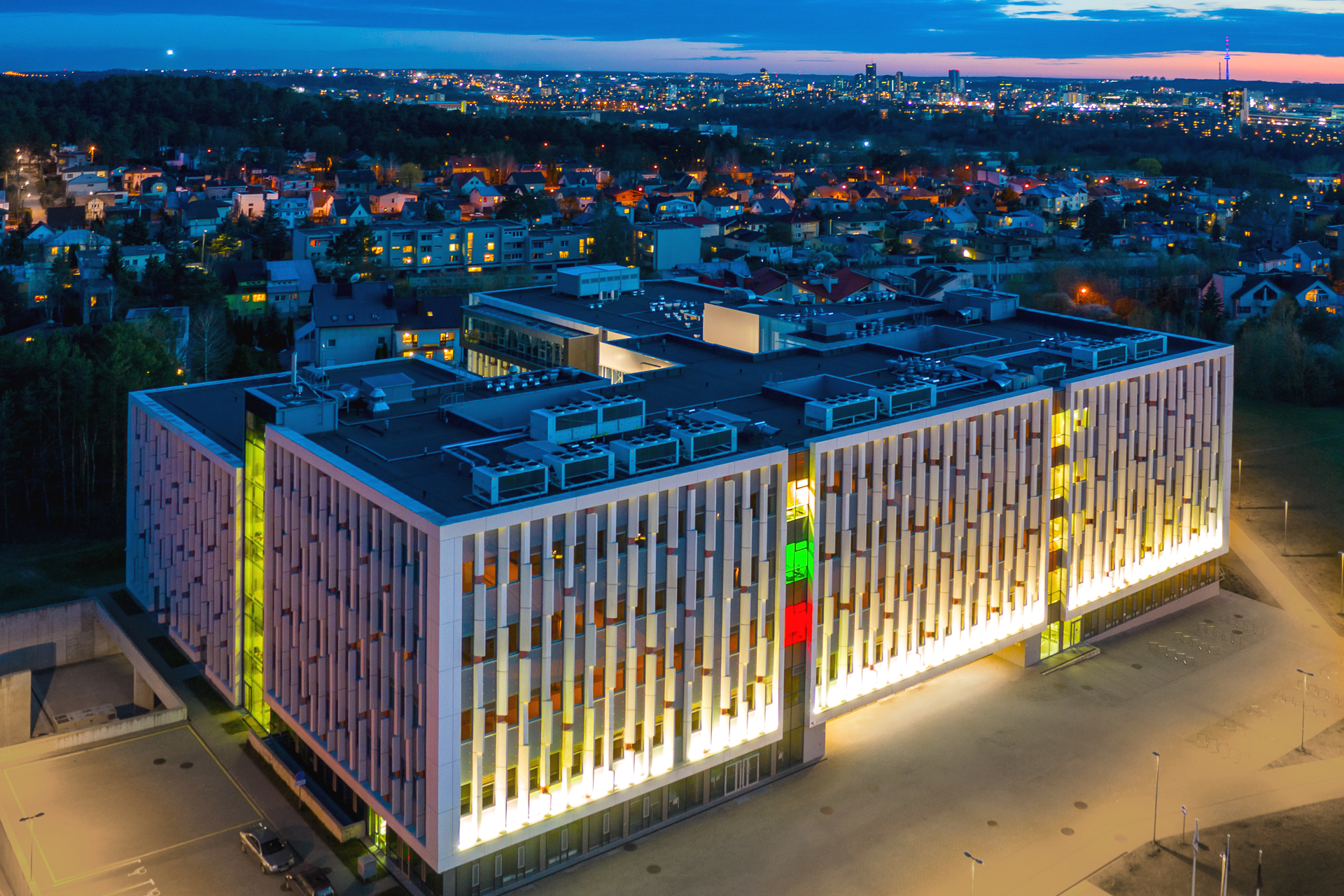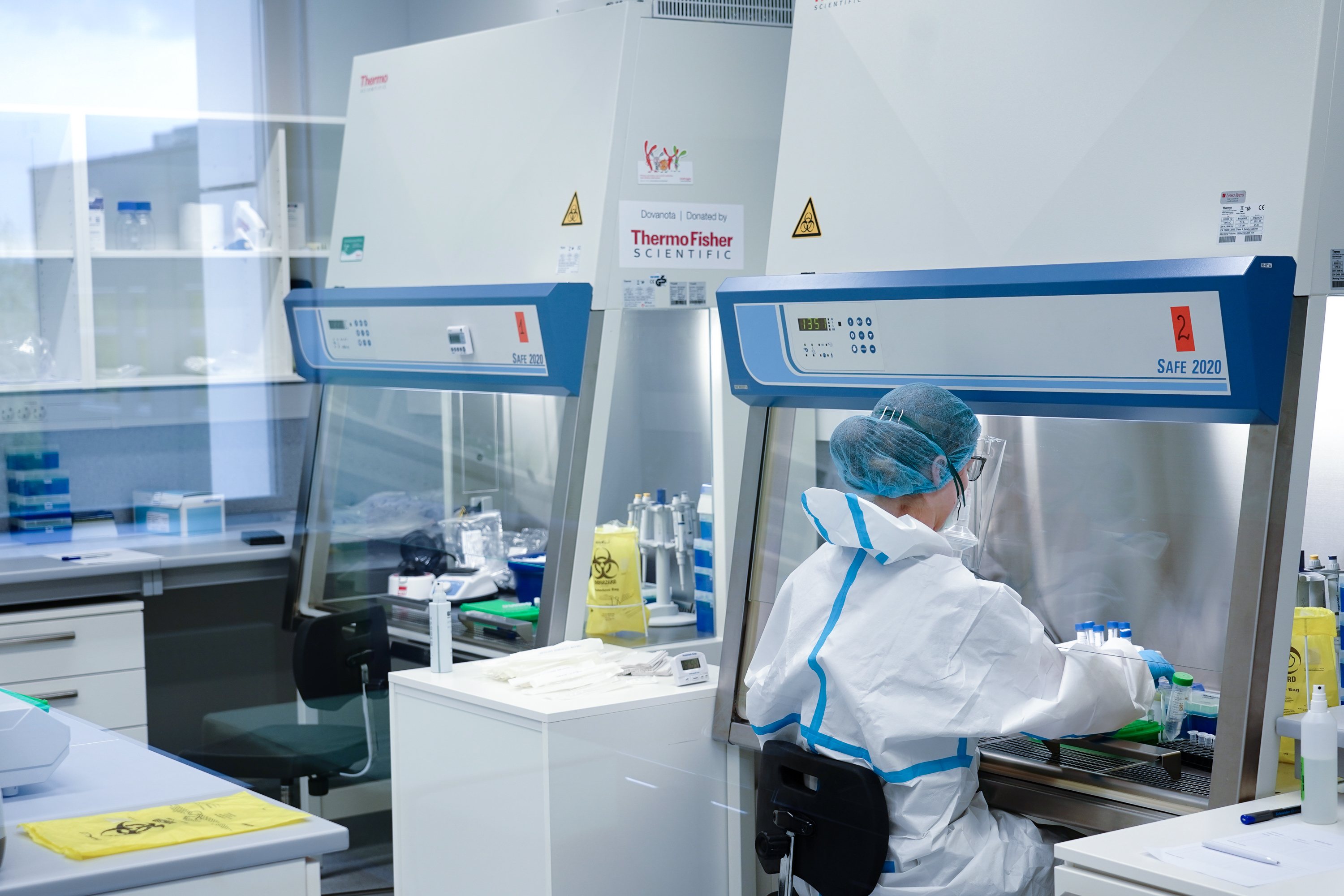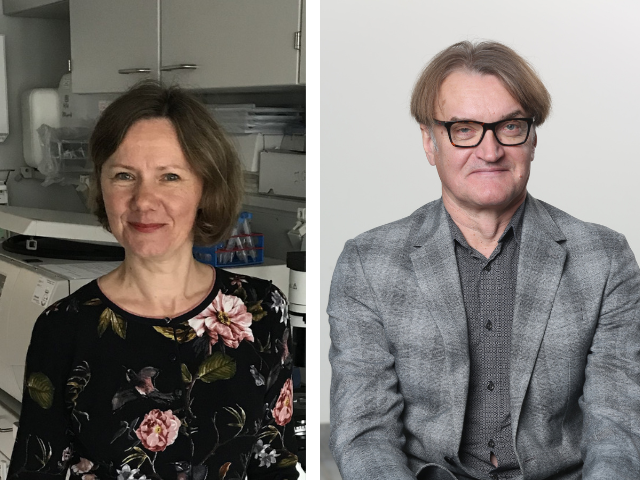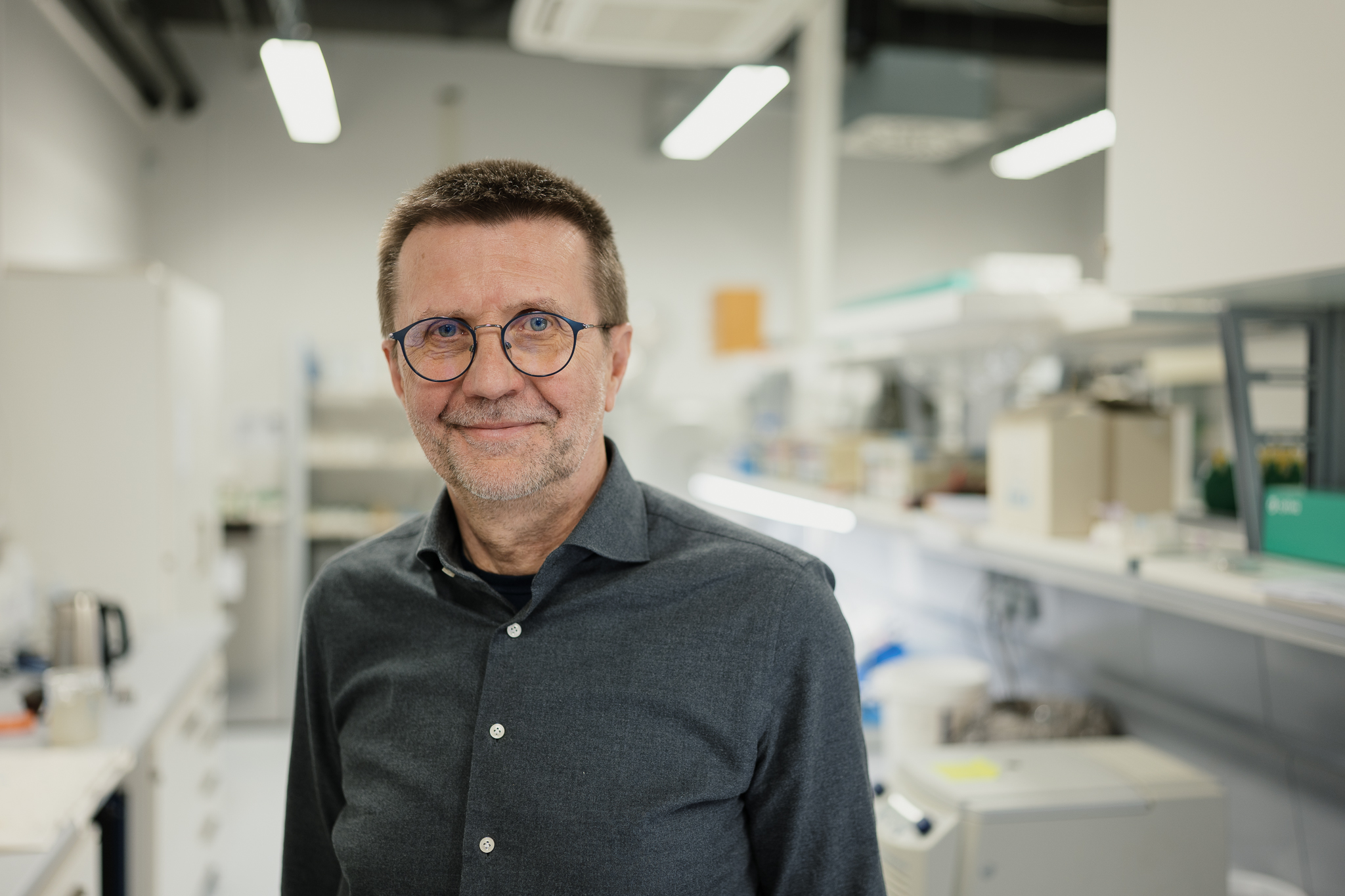
The European Molecular Biology Laboratory (EMBL) is one of the world’s leading international research organizations dedicated to unraveling the mysteries of life at the molecular level. Founded in 1974, the EMBL stands as a model for international scientific collaboration, advancement of cutting-edge research, technology development, and science promotion.
‘The EMBL is an invaluable platform for scientists worldwide, enabling them to share knowledge, resources, and technology; its activities contribute directly to scientific innovation and creating positive change through research development,’ said Dr. Kastis Krikštopaitis, Director of the Life Sciences Center of Vilnius University.
The EMBL’s core focus includes research, open-access infrastructure, training for the scientific community, and publicly available data. Known for its interdisciplinary, high-level, and broad-based research, the EMBL covers topics as extensive as bioinformatics, gene editing, the analysis of protein structure and interactions, ecosystem studies, as well as the mechanisms of human health and disease.
One of the EMBL’s key objectives is to ensure high-quality research and the availability of state-of-the-art equipment to scientists worldwide, as high-quality infrastructure and services are vital to scientific progress. The organisation also emphasises education by offering internships and doctoral and postdoctoral programmes, as well as providing training for thousands of researchers to drive innovation across the globe.

From developing new medicines to addressing environmental challenges, the EMBL’s activities are already profoundly impacting society. For instance, its research has accelerated the development of COVID-19 vaccines, advanced understanding of the role of microbiota in health, and introduced ground-breaking biotechnology solutions in industry.
‘The activities of this organization inspire new scientific discoveries that help address global challenges, such as health issues and climate change. This is why it is pivotal for Lithuania to be part of it,’ noted Dr. Kastis Krikštopaitis.
Lithuania’s EMBL membership and the Partnership Institute: a historic step forward
Lithuania joined the EMBL in 2019, becoming the 27th full member of this prestigious organization.
‘This marked a significant milestone in integrating Lithuanian scientists into the international community, enabling them to participate in joint projects, access cutting-edge technologies, and exchange experiences, thereby elevating Lithuania’s profile on the international stage,’ emphasized Prof. Vytautė Starkuvienė-Erfle, Deputy Director for International Activities of the VU Life Sciences Center.
Prof. Starkuvienė-Erfle was the first Lithuanian researcher to work at EMBL Heidelberg in 1997–1998, and from 2001 to 2007 she was a postdoctoral fellow.

Left: Prof. Vytautė Starkuvienė-Erfle (personal archive photo), right: Dr. Kastis Krikštopaitis
In 2020, VU established one of the seven EMBL Partnership Institutes dedicated to conducting top-tier research in genome editing. The institute also fosters collaboration between Lithuanian and foreign researchers who work together on various international projects.
‘This partnership strengthens Lithuania’s international standing in the field of life sciences and contributes directly to scientific breakthroughs and solutions to key challenges,’ added Prof. Starkuvienė-Erfle.
Over the past five years, the EMBL Partnership Institute has nurtured a new generation of scientists in Lithuania by providing opportunities for young researchers to learn and work internationally. It has also driven the development of new biotechnological solutions already benefiting society and industry.
Prof. Virginijus Šikšnys on the significance of the EMBL for Lithuanian science
The EMBL Partnership Institute is instrumental in advancing molecular biology research and strengthening Lithuania’s scientific potential. The distinguished professor Virginijus Šikšnys, one of the country’s most renowned scientists and co-discoverer of the CRISPR-Cas technology, was one of the key figures in initiating Lithuania’s EMBL membership. His international recognition and strong connections within the global scientific community paved the way for Lithuania to become a full EMBL member.
‘The EMBL plays a major role in coordinating and uniting life sciences across Europe. Lithuania’s EMBL membership was necessary to enable our life sciences sector to compete globally. Our membership not only provides access to cutting-edge technologies but also helps us attract international talent, and creates opportunities for young researchers to join a dynamic global scientific community. It is an invaluable investment in the country’s future,’ emphasized Prof. Šikšnys.

The EMBL’s 50th anniversary and Lithuania’s five-year membership
On December 2, 2024, Vilnius will host a special event commemorating the EMBL’s 50th anniversary and Lithuania’s five-year membership in this organisation. The event will feature the EMBL Director General, Prof. Edith Heard, and bring together researchers, policymakers, and university and business representatives. Along with discussions on the future perspectives of Lithuanian and global molecular biology, a unique exhibition will also be held.
The exhibition will combine high-resolution microscopy images from the EMBL and Lithuanian laboratories with creative works by Lithuanian schoolchildren, aiming to reveal how science can be seen through the visual art perspective. It will showcase science through the lens of beauty and art, inspiring curiosity and a deeper understanding of the world around us.
